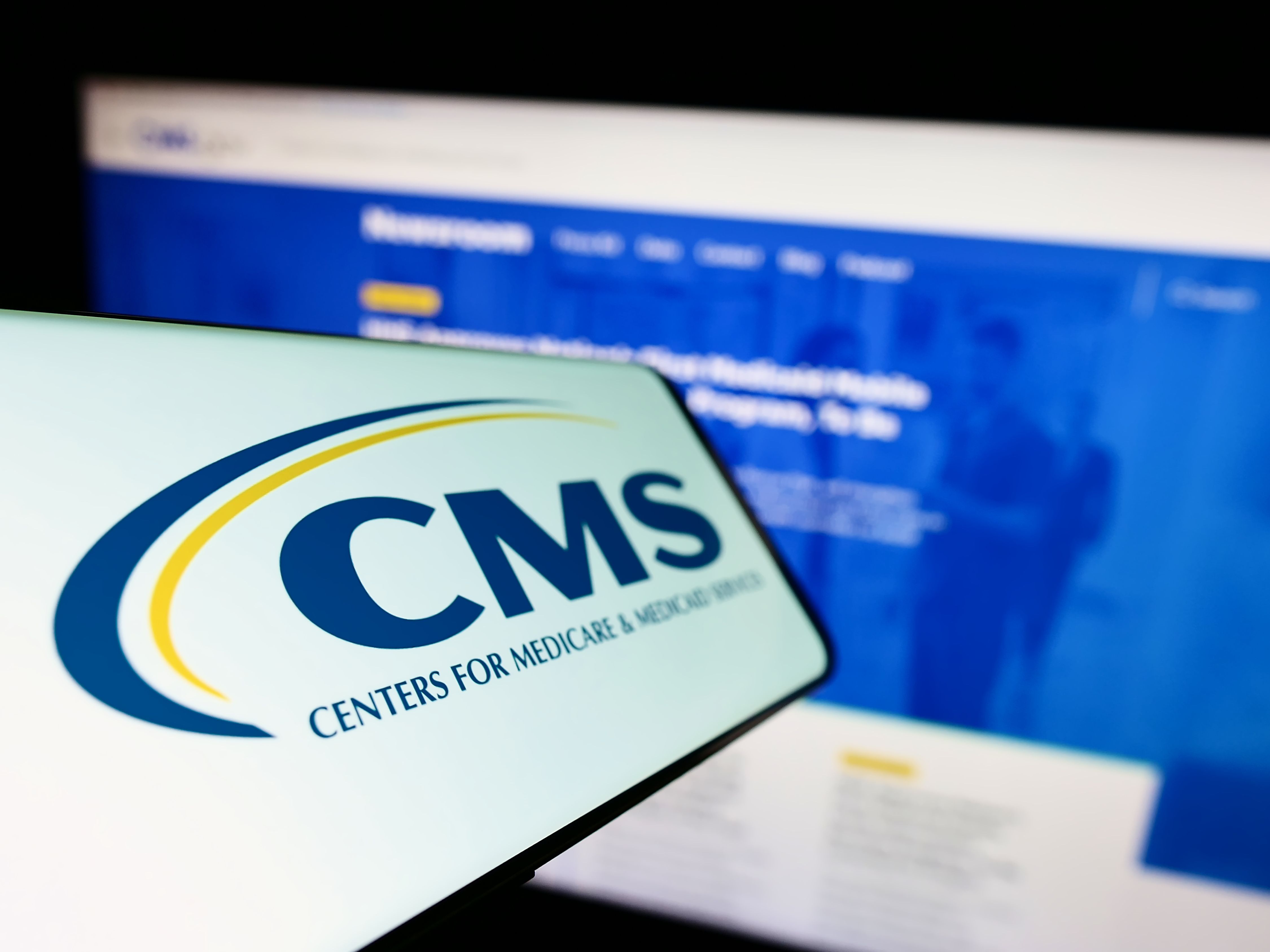Article
Letters to the Editors
Where have all the doctors gone? The trouble with prescription benefits; Loaning mortgage money? Think twice; On getting lawyers to pay
Letters To The Editors
Where have all the doctors gone?
I'm not sure how Editor Marianne Mattera can connect the chronic access-to-care troubles of the uninsured with the acute access problem caused by the liability crisis ["Memo From the Editor," Mar. 21]. They are two different issues. The reason doctors are fleeing states like Mississippi and Florida has nothing to do with uninsured patients. They are finally leaving an abusive legal environment that has only worsened over the years. The greed of litigious consumer-patients has taken its toll, and those abusers are now paying the price in limited access to care.
Someone once said, "When I feel the heat, I see the light." It appears that patients may have to feel some pain before they, too, see the light.
Timothy W. Wheeler, MD
Fontana, CA
The trouble with prescription benefits
Although calling for prescription coverage for the elderly seems like a "nice" thing to do, is it really desirable in a free-market economy?
I used to work in a county hospital system that offered a publicly funded prescription benefit. Patients would pay only $9 for a three-month supply of medicine that might cost our hospital district hundreds of dollars. Because of the low copay, they were able to keep their cabinets well stocked with 10 to 20 different PRN medications and thought nothing about discarding a full bottle of a drug that caused even a minor side effect. I was extremely uncomfortable with this degree of polypharmacy, but when I tried to pare back the excess, I met strong resistance from the patients.
Then six months ago, I moved to Louisiana to work with a similar indigent population, but this time there was no prescription benefit. Surprisingly, the doctors and the patients exercise extraordinary ingenuity. Patients trim down their own medication lists and hunt for bargains. Because the cost of the medicine comes out of their household budgets, they truly value their meds and are more compliant.
The experience made me wonder what would happen if there were no prescription benefits at all? Would patients and their doctors be obliged to discuss the price of prescription medications? Would patients be forced to comparison shop? Would the pharmaceutical industry be exposed to the demands of a free-market economy? Would medication prices come down?
Paul Starr, MD
Kenner, LA
Loaning mortgage money? Think twice
If you're thinking about lending a relative money for a mortgage down payment, you should consider a real life "twist" that your "Problem Solved!" article didn't mention ["My daughter wants a loan," Jan. 10].
Mortgage lenders usually do not allow a borrower to make a down payment with loaned funds. And when they do, the borrower generally faces a higher interest rate, more stringent underwriter terms, and a smaller loan amount.
Steve Austin
Tulsa, OK
On getting lawyers to pay
In my experience it's a common practice for lawyers not to pay doctors for their testimony at a deposition ["Practice Management Q&As: When a lawyer won't pay you," Feb. 7]. You suggest, among other things, filing a complaint with the state bar association. I've found that gets you nowhere and sometimes backfires. Your suggestion to ask for partial payment up front is right on target, though. I've practiced medicine for 60 years and discovered early on that, sadly, the only way to deal with lawyers is to say, "Bring the money and we'll talk."
C.T. McCoy, MD
Hutchinson, KS
Edited by Liz O'Brien,
Associate Editor
Address correspondence to Letters Editor, Medical Economics, 5 Paragon Drive, Montvale, NJ 07645-1742. Or e-mail your comments to meletters@medec.com, or fax them to 201-722-2688. Include your address and daytime phone number. Letters may be edited for length and style. Unless you specify otherwise, we'll assume your letter is for publication.
Letters to the Editors. Medical Economics May 23, 2003;80:10.





